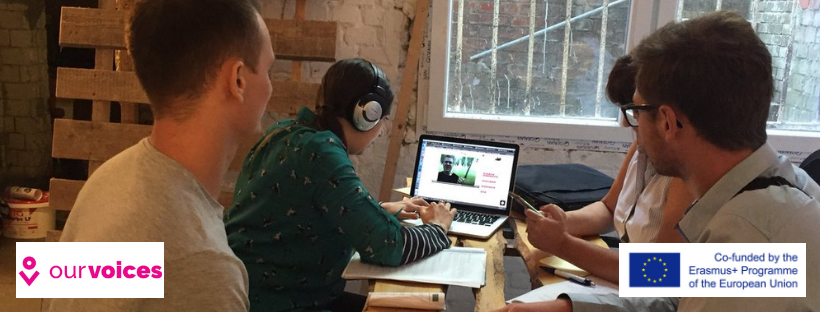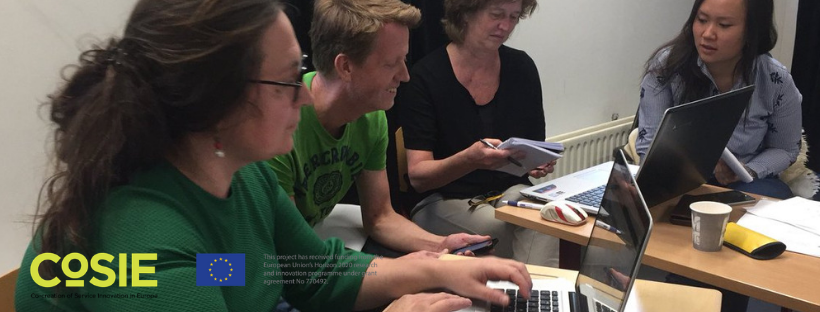FRINGE EVENTS LISTINGS LAUNCHED!

It’s not long now until the 1st Annual Institute of Community Reporter’s conference – From the Margins To The Mainstream: Putting people’s voice at the heart of decision-making processes – is happening, and now to accompany our main symposium, we’ve got some exciting fringe events running throughout June to tell you about!
Narratives, the stories that people choose to tell about their own experience, are of increasing importance in decision-making processes and are instrumental to creating new ideas, ways of doing things and ultimately bringing about social change. With terms such as ‘co-design’, ‘co-production’ and ‘co-creation’ becoming the popular discourse in a range of industries such as academic, public and third sector support services, and local and national Governments, it is imperative to explore what the practical implementation of these terms means and how they bring about – or not – the inclusion and utilisation of a wider diversity of people’s voices into decision-making realms. The conference’s fringe events are taking place in different locations in the North West and Yorkshire, and are picking up on key aspects of these subject matters, as well as providing practical training and workshops on them. So, what have we got coming up?
Our first fringe event take’s place in Huddersfield. Working with the University of Huddersfield and Creative Minds as part of the #softandfluffy project, People’s Voice Media will be using the Our Voices story curation methodology to begin to analyse the stories about creativity and wellbeing that the project has been gathering. This staff training day, on the 4th June, will equip people working in creative, wellbeing and community settings with the skills to make sense of the insights in stories of lived experience co-produce findings from them.
We will then be in Stockport later in the month working with a team of people from children’s services, again using the Our Voices method, to help us to use insights from stories of young people’s relationship with support services to help direct a local strategy.
And finally, our fringe event tour will end at Liverpool MakeFest on the 29th June, where team member Hayley will be giving an Ignite talk on changing the world, one story at a time as part of their ‘what life might be like in 2049’ theme. Exploring the learning from the Digital Curator Toolkit, produced as part of the Our Voices project, Hayley will be linking its application to real world contexts and sparking a discussion about storytelling and social change.
Watch this space to see how our conference programme rolls out!



